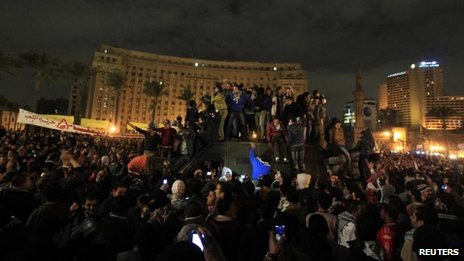Egypt's Islamist leader opposes peace with Israel - Yahoo! NewsCAIRO (AP) The top cleric from Egypt's fundamentalist Muslim Brotherhood has denounced peace efforts with Israel, urging holy war to liberate Palestinian territories.
Gaza crisis: will Egypt come to regret its role as peacemaker? | World news | guardian.co.ukCritics allege that while Morsi has taken a high profile on the international stage he and his government have been far less successful in tackling his country's myriad economic, social and political problems.
On the economic front, Egypt's deal with the IMF for a $4.8bn (£3bn) loan, announced on Tuesday, obliges it to end subsidies on items such as fuel, which will lead, inevitably, to unpopular price rises at a time of growing hardship.
Tourism, while slowly improving after the huge hit it took during the Arab spring, is far below pre-revolution levels. Unemployment remains high as does inflation a dangerous combination while crime has become a serious issue.
The failure to prosecute members of the security forces who committed crimes, including killings, during the revolution and after remains a running sore in Egyptian society.
In the past week Egypt was hit by small-scale confrontations between army and police, another worrying symptom.
What a pity to waste that guy so fast.
Probably was the most moderate from the pool of Egyptian personalities who can make it to presidency.

